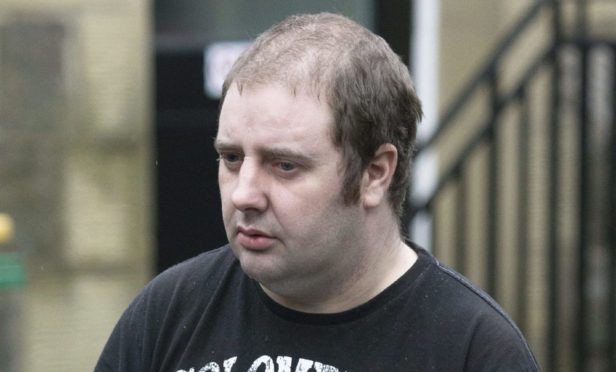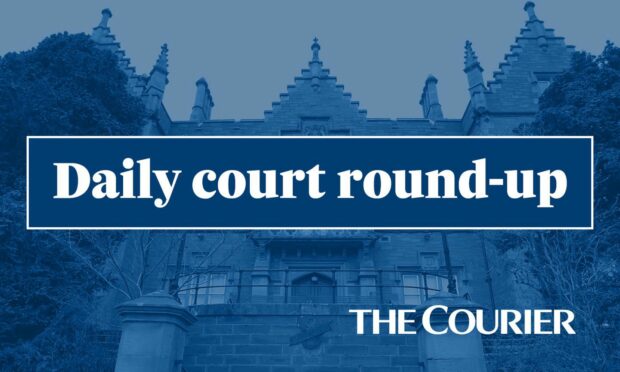A man slammed for being “lost to all human decency” for running a Tayside shop as a front for selling so called “legal highs” has succeeded in a legal bid to have his prison sentence cut.
Liston Pacitti, 29, was jailed for four and half years after being convicted alongside Paul Brocklehurst for supplying the substances from shops in Arbroath and Montrose.
The businessman, of Aberdeen, broke the law between July 2013 and December 2014.
His co-accused, who traded from premises in Perth but lived in Gwynned, Wales, acted illegally over a two year period from 2013.
The pair pled guilty to recklessly supplying psychoactive substances to the danger of life and health.
Eight of the men’s customers needed hospital treatment after taking the substance.
Two users were left in comas after taking a drug called Psyclone, which was sold by Brocklehurst.
He jailed the two accused for four and a half years each.
In October 2018, judges at the Court of Criminal Appeal in Edinburgh reduced Brocklehurst’s sentence reduced by nine months.
The judges agreed to cut Brocklehurst’s sentence after hearing his lawyer Donald Findlay QC argue Sheriff Brown had taken into account penalties set out in legislation designed to counter the threat posed to society by legal highs.
Mr Findlay successfully argued the offences were committed before the legislation had been passed by Parliament and Sheriff Brown should not have referred to this law.
Lawyers acting for Pacitti also went to the appeal court after the Scottish Criminal Cases Review Commission concluded that he could have been the victim of a miscarriage of justice.
Pacitti’s lawyer Craig Findlater told appeal judges Lord Carloway, Lord Brodie and Lord Menzies that his client’s sentence should also be reduced.
He argued that given Brocklehurst had his sentence his reduced, Pacitti should also have his term cut.
The judges agreed.
In a written judgement issued on Tuesday, Lord Carloway wrote: “Comparative justice therefore requires that the appellant’s sentence be reduced to one of three years and nine months imprisonment.
“The appeal is accordingly allowed.”










